We caught up with the brilliant and insightful Ronald Anderson a few weeks ago and have shared our conversation below.
Hi Ronald, thanks for joining us today. So, let’s imagine that you were advising someone who wanted to start something similar to you and they asked you what you would do differently in the startup-process knowing what you know now. How would you respond?
Advice to My Younger Self
If I could talk to myself 35 years ago, here’s what I’d say:
Think Beyond the Shiny New Thing
Be cautious about chasing the latest and greatest—especially when it comes at a steep cost. Take this example from today: Suppose I’m setting up TVs for a bar. Do I go to my long-time industrial supplier and spend $1,600 on a 70-inch Samsung QLED TV with no warranty for commercial use? Or do I buy the same model at Costco for $900, which includes a five-year, unlimited warranty? It’s not just about the price tag—it’s about long-term value and peace of mind.
Plan Before You Spend
Innovation is exciting, but it’s only worth it when it adds true value. Consider choosing a honeycomb aluminum panel for $22 per square foot because it’s 10% lighter than the standard $4 panel. Both are equally strong and durable. But what if, in the end, the unit is 5,000 pounds under the allowable weight limit? That extra expense didn’t change a thing. The lesson: do your weight calculations before you start. Plan ahead. Don’t spend more just to be on the cutting edge if it doesn’t move the needle.
Profit Should Be Real
There’s no shame in making a profit—but make sure it’s real. It’s one thing to celebrate earning $1,000; it’s another to realize you spent $1,200 on warranty repairs. Profit needs to cover your overhead and the surprises that come later.
You Didn’t Do It Alone
Being the owner or the boss doesn’t mean you did it all yourself. Success takes a team. You’re only as strong as the people who work alongside you. Appreciate them. Lift them up. Stay humble, no matter how far you go.
Build With the Right Partner
If you don’t have a strong life partner, you’re going nowhere. I would be nothing without my wife of 41 years by my side, every step of the way. The truth is, we built everything together.
What Real Success Looks Like
I started working at age 12, bussing tables at a country club. One thing I noticed. The truly successful people were kind and generous. The ones trying to look successful were the loudest, tipped the least, and demanded the most. If you want people to respect your success, stay grounded. Enjoy what you’ve earned—drive a nice car if you like—but you don’t need to park it front and center every time.
Don’t Let Greed Steer You
Greed can cost you everything. I once lost the biggest deal of my life by being greedy. In today’s money, that mistake was worth $50 million. I was 24 years old. I learned my lesson, and I’ve never let greed ruin a deal again.
Learn. Plan. Stay humble. And never forget where you started—or the people who helped you get where you are.
Hey yeah I think it’s the wind I think the wind is putting so much force on them that they’re coming open rather than break OK all right thank you
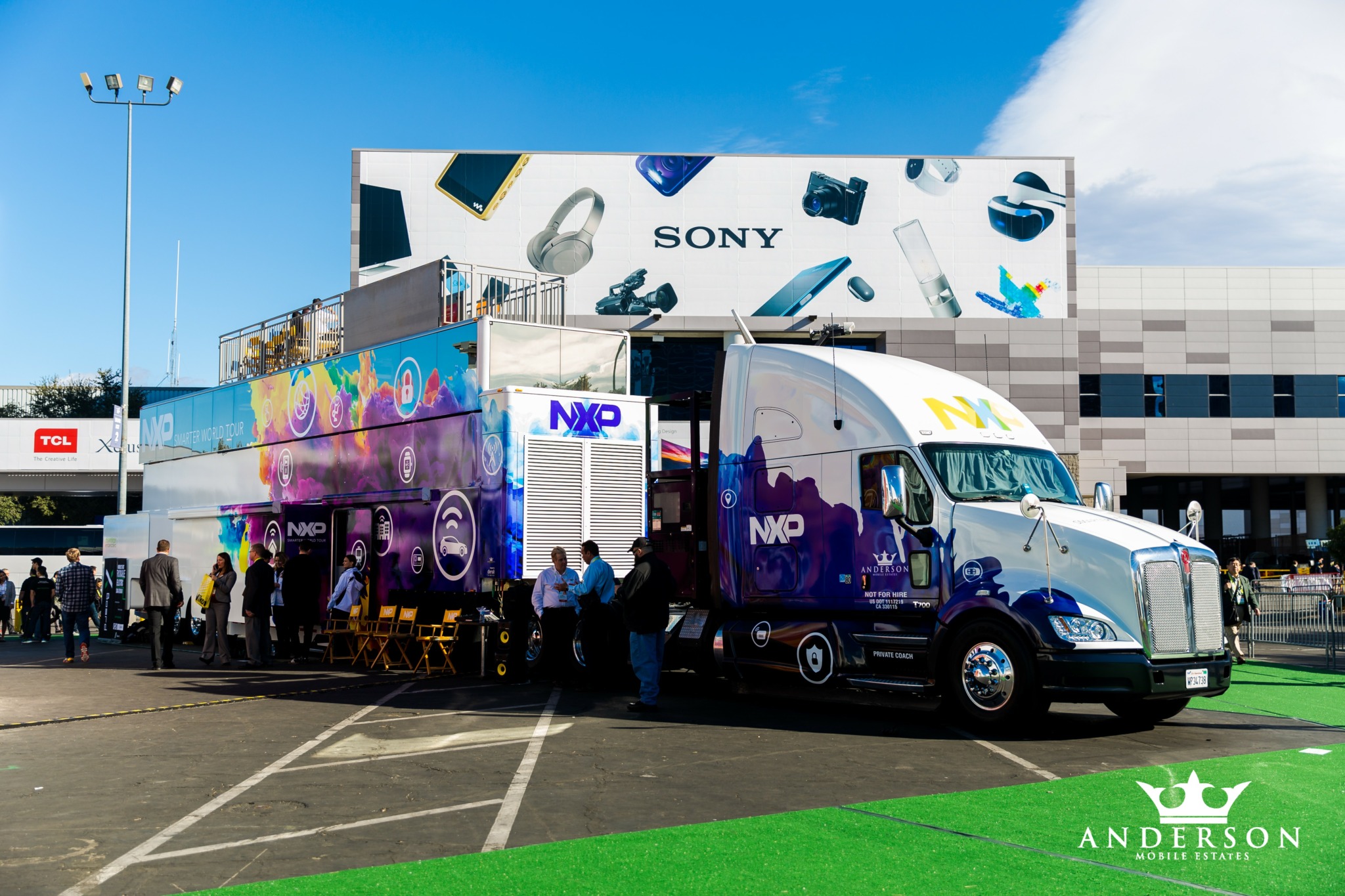
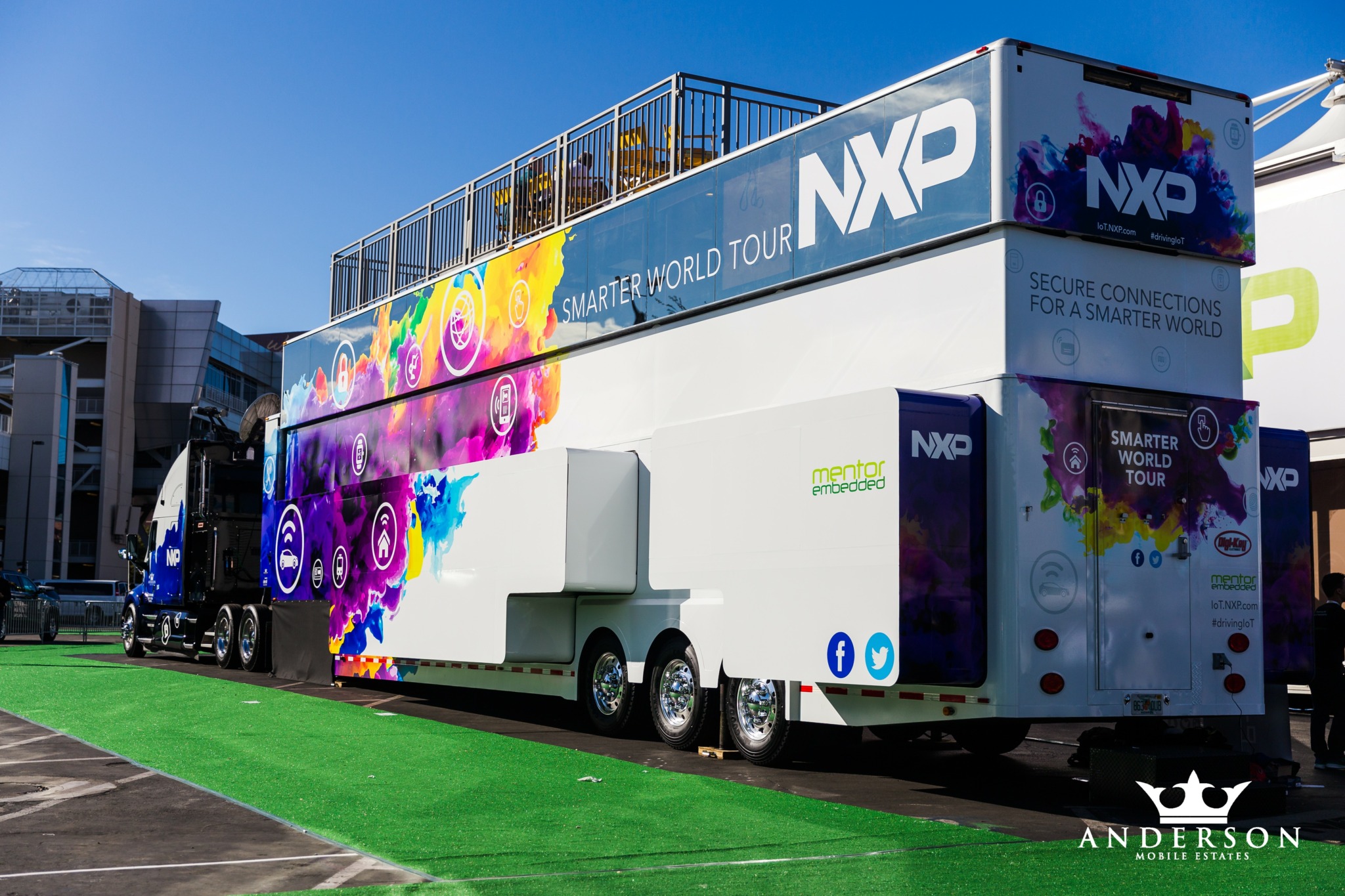
Awesome – so before we get into the rest of our questions, can you briefly introduce yourself to our readers.
Lessons From a Life of Curiosity and Risk
From an early age, I was fascinated by how things worked. I constantly took things apart just to see what made them tick and was always inventing something to make life easier or better. Having a younger brother who was blind taught me patience and how to explain and teach thoughtfully. That experience left a lasting impression—one that shaped my lifelong passion for sharing knowledge and life lessons with others. I know I can come across as a know-it-all sometimes, but it comes from a genuine desire to help.
Driven by Incentive, Not Guarantees
By the time I was 18, I had never held a job with a guaranteed salary. I was always drawn to work that rewarded effort and results. Incentive-based roles appealed to me because they gave me control over my success and income.
A Vision That Took a Different Path
At age 10, I told my mom I wanted to be an eye specialist to help people like my brother. But I quickly learned that I didn’t have the patience for eight years of medical school. Instead, I entered the eye care field as a technician and worked my way up to become a licensed optician.
My big break came when I landed a job with a professor of ophthalmology who saw my potential. He mentored me and sent me to train with some of the best in the country. In that fast-paced, high-stakes environment, I saw some of the most challenging cases. My curiosity and drive led me to brainstorm new solutions to medical problems. I even sketched out a design for an intraocular lens decades ago. When I showed it to my professor, he dismissed it. Ironically, that concept is now part of the most commonly performed surgery in the world. I also went on to invent and receive FDA approval for a contact lens cleaner called Restore.
Betting on Myself
I’ve always been a risk-taker. What set me apart from others in my field was my willingness to forgo a steady salary in exchange for a share of the profits. One standout example: I approached two doctors whose practice didn’t include a contact lens department. I offered to work with no salary in exchange for 40% of the net profit from that segment. Three years later, those same doctors were grumbling every month when they had to cut me a sizable check—but the arrangement had paid off for all of us.
The Core Principles
Perseverance is essential. Nothing worth building happens overnight, no matter how badly you want it.
Risk and reward go hand in hand. The old saying holds true: no risk, no reward.
Failure is part of the journey. Don’t be afraid of it. I’ve failed plenty, and I don’t know a single successful entrepreneur who hasn’t. It’s what you learn from failure—and how you respond—that defines your future.
Stay curious. Take chances. And never stop learning from the people and moments that shape your life.
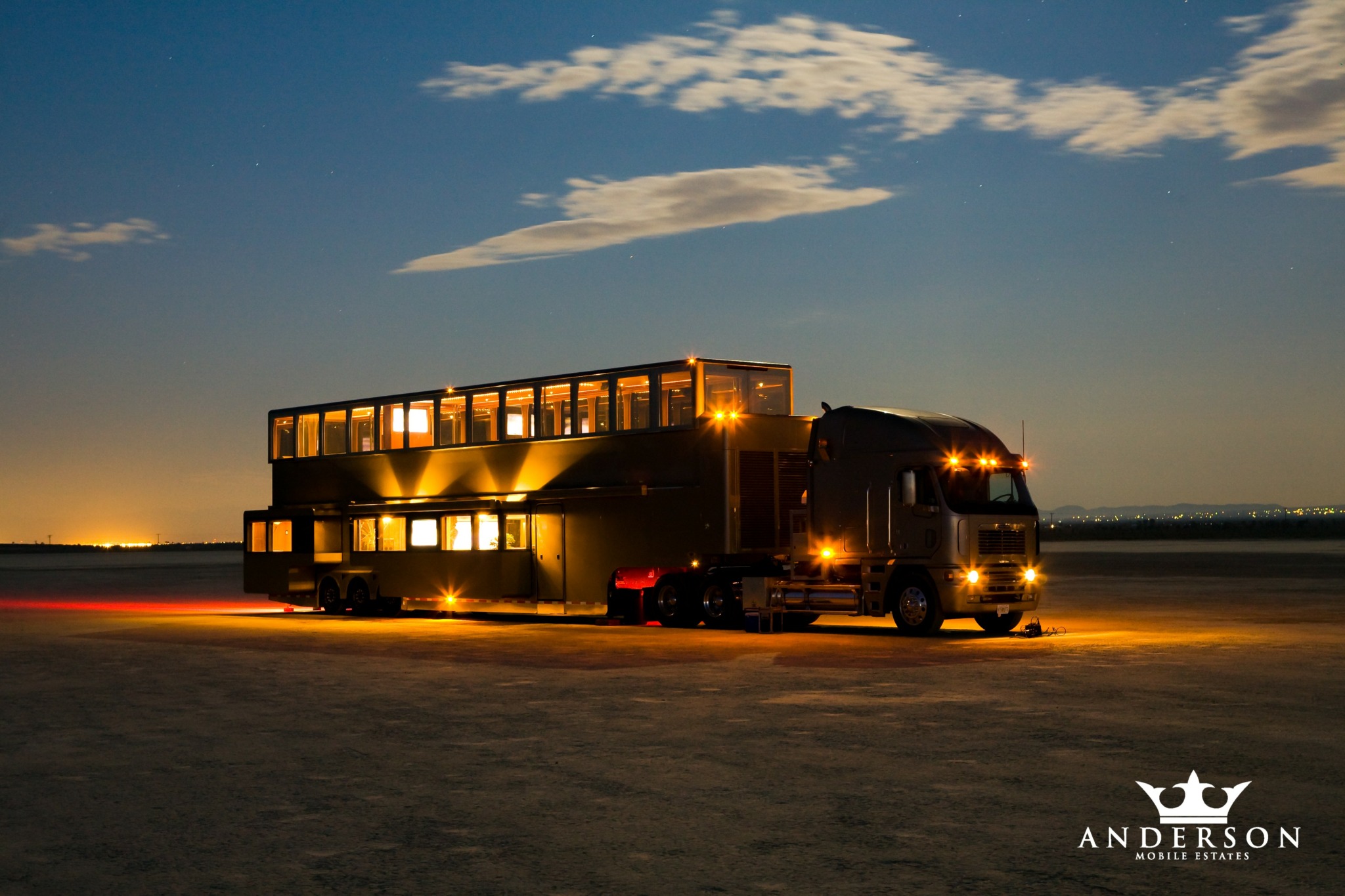
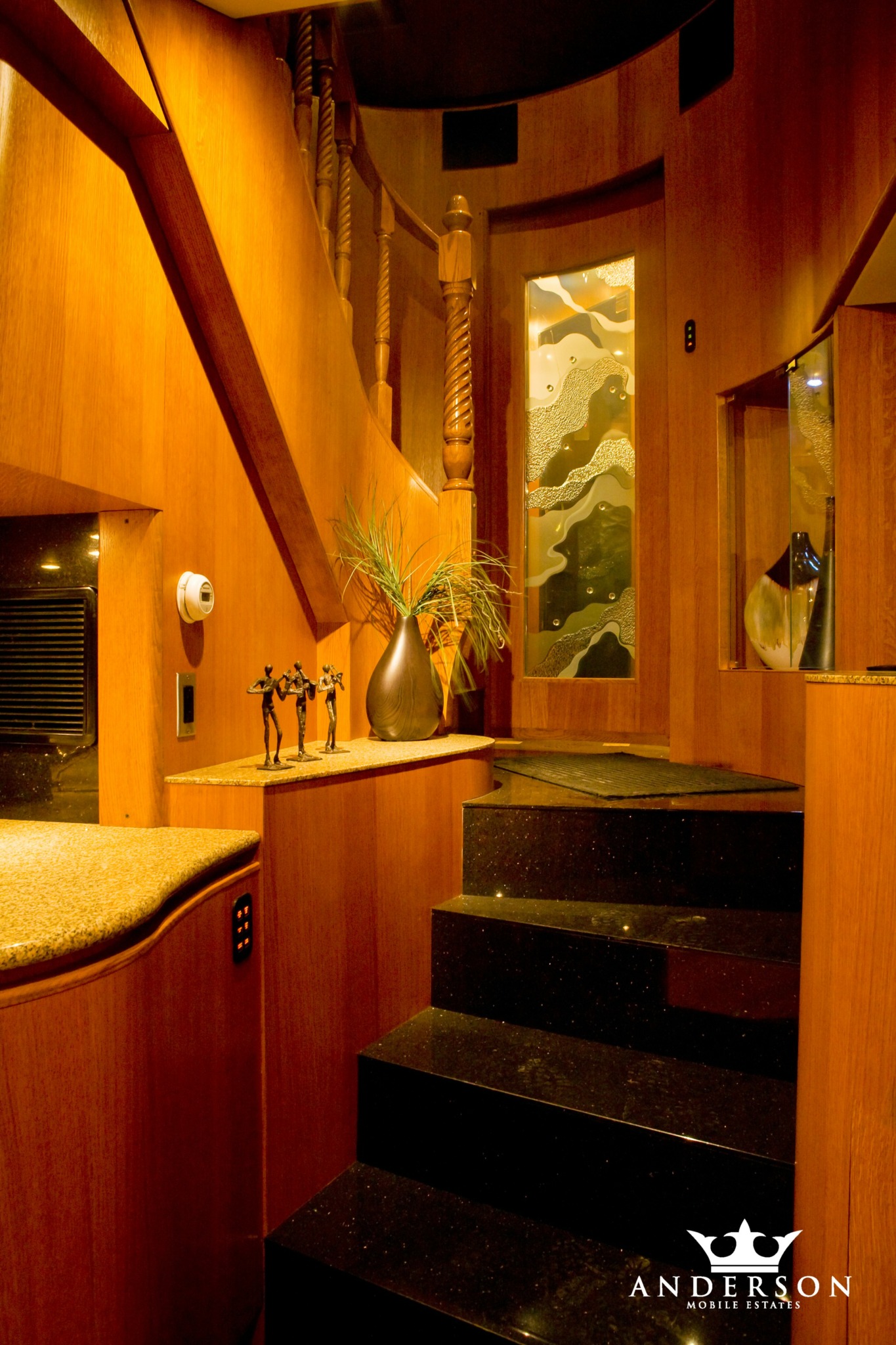
Conversations about M&A are often focused on multibillion dollar transactions – but M&A can be an important part of a small or medium business owner’s journey. We’d love to hear about your experience with selling businesses.
Selling a business is such a powerful insight—honestly, it’s the kind of advice that only comes from going through the fire. The part about needing to cover twice as much as you think is especially on point. It’s wild how much is hidden in what feels like boilerplate until it’s suddenly not.
It’s like contracts are written with invisible ink that only appears when something goes wrong.

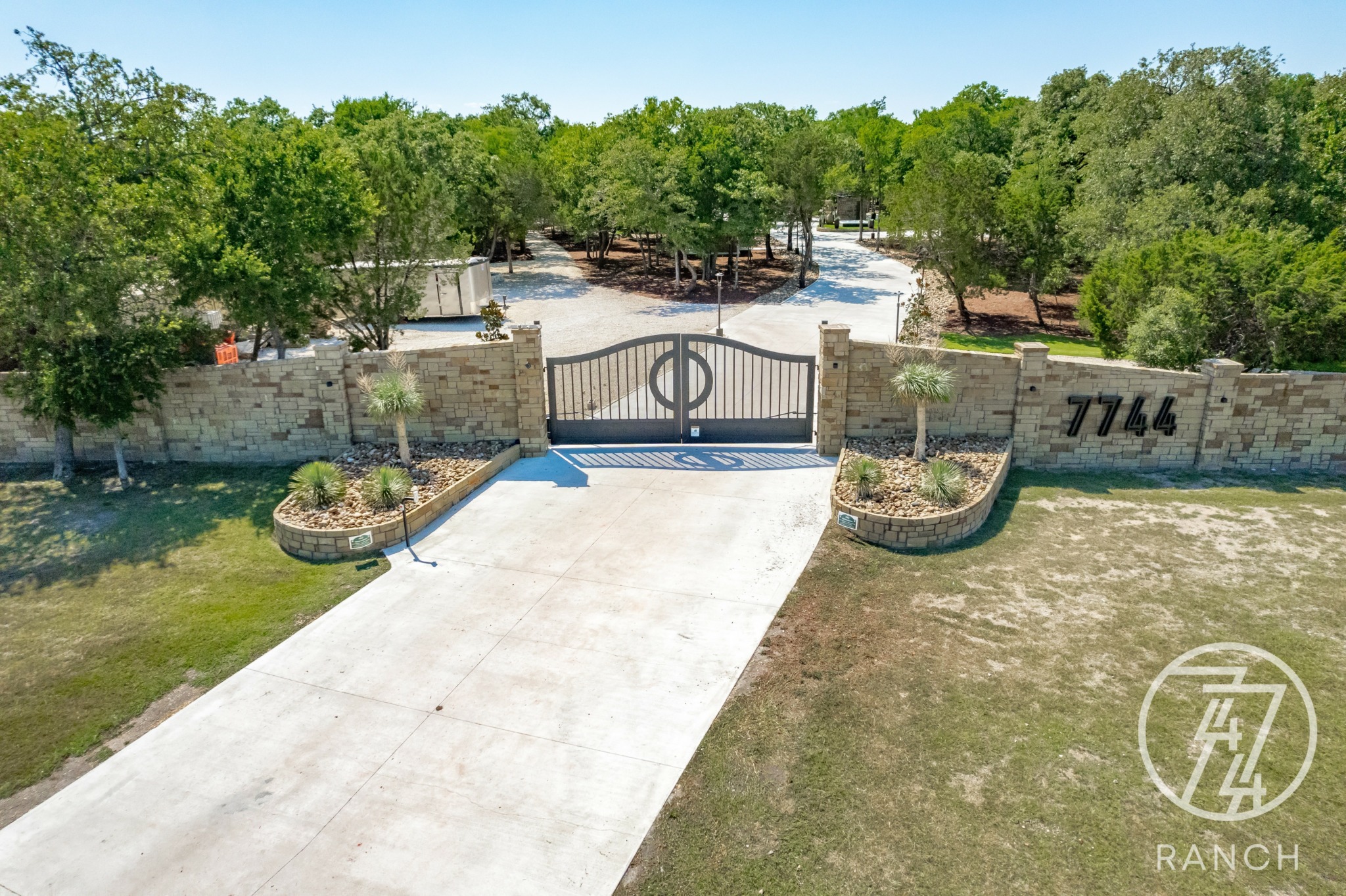
Can you talk to us about how you funded your business?
Traditional banks really aren’t interested in startup risk. They want security, collateral, and proof of cash flow — none of which a new business typically has. That part about putting $100K in the bank only for them to lend it back to you at a higher interest rate? That’s painfully true. It’s less about helping you and more about minimizing their risk while making money.
The idea of seller financing for equipment is clever, especially for asset-heavy businesses. If someone’s already using the gear you need, they might be more flexible than a lender, and it’s a win-win if they want to offload it. — it’s risky. Miss payments, and it’s gone, along with whatever progress you’ve made using it.
Remember you are going to need about twice as much as what you think? Gold. Startups always underestimate costs and overestimate revenue. Burn rate creeps up, sales take longer than expected, and surprises always pop up. Having that buffer can be the difference between staying afloat and crashing hard.
Contact Info:
- Website: www.AndersonMobileEstates.com and www.7744Ranch.com
- Instagram: 7744 Ranch
- Linkedin: Anderson Mobile Estates
- Youtube: Anderson Mobile Estates and 7744 Ranch
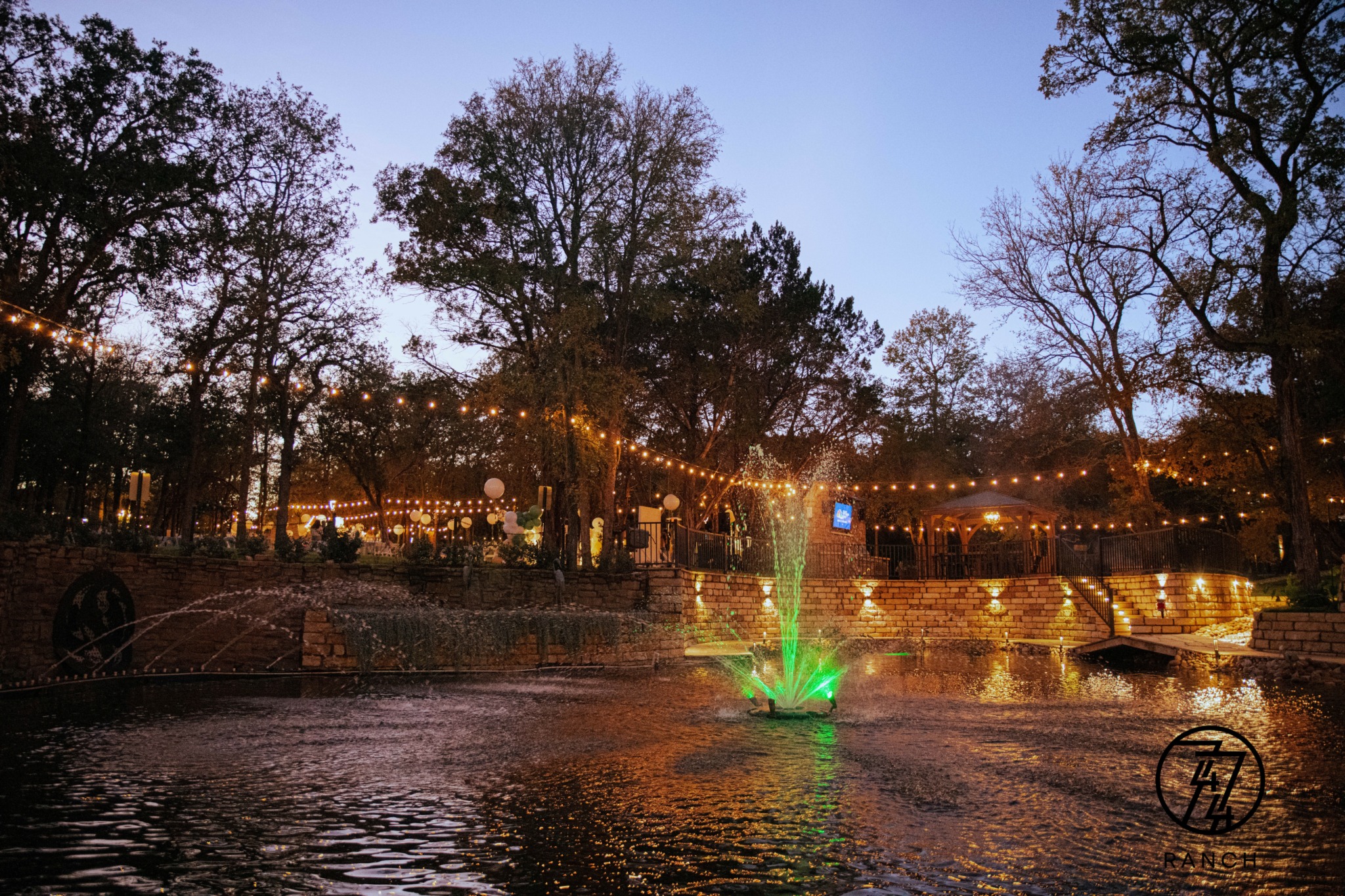
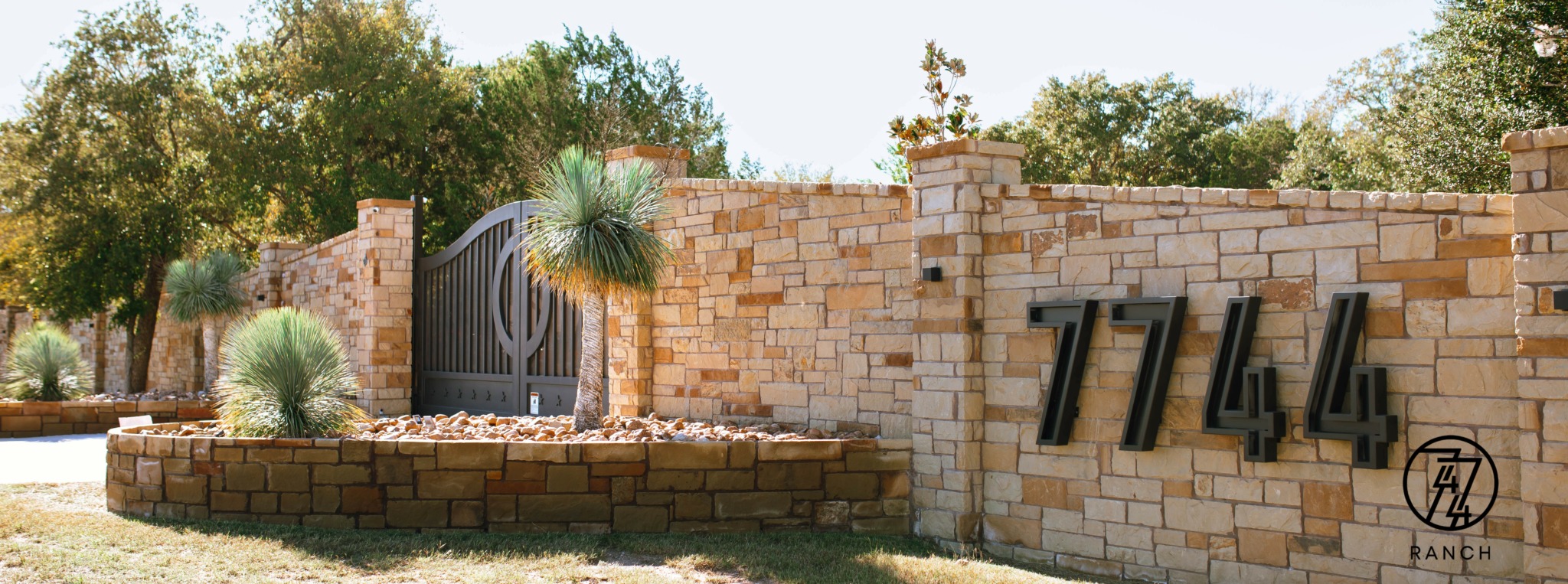
Image Credits
www.AndersonMobileEstates.com
www.7744Ranch.com


